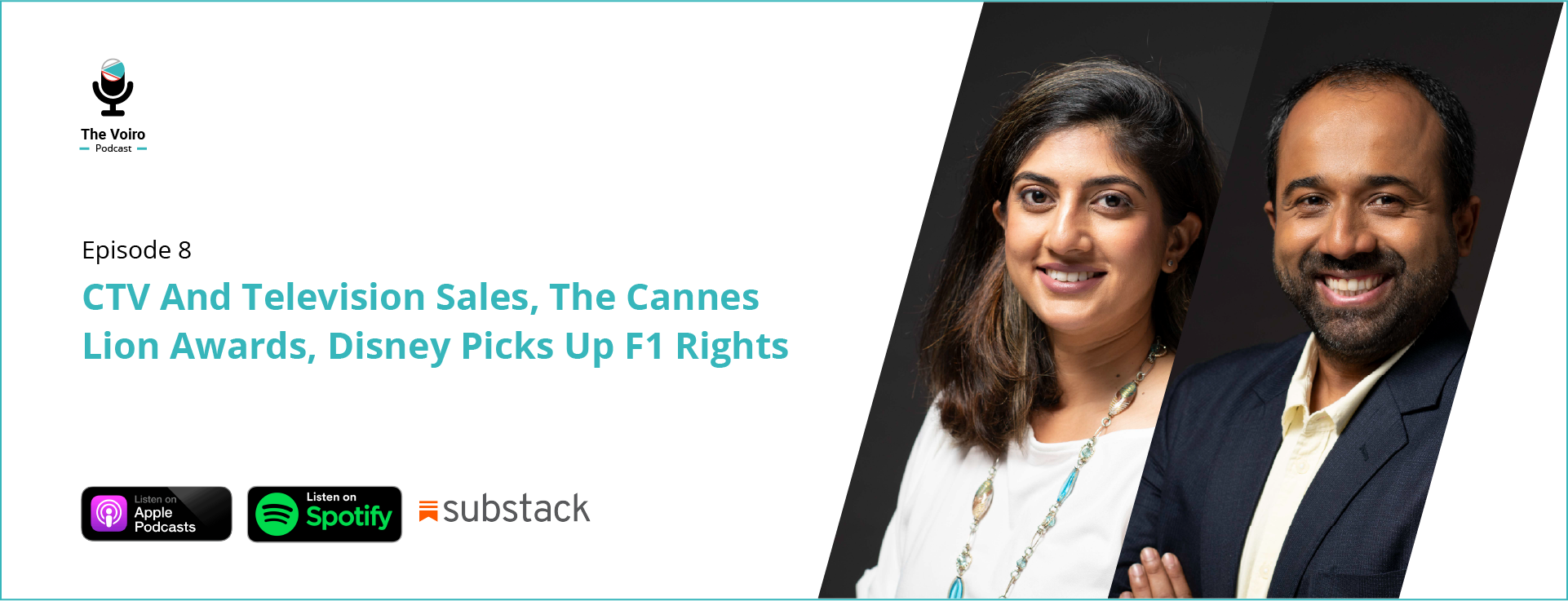Meet us at

on 3rd & 4th October









Also read or listen on these platforms and apps:
📧 Substack newsletter: https://voiro.substack.com/
🎧 Apple Podcasts: https://apple.co/3y88uuX
🎧 Spotify: https://spoti.fi/3AjWo4L
🎧 Google Podcast: https://bit.ly/tvp-ep8-gp
There’s a huge debate over whether CTV is actually a device play or whether it is just broadcasted over the Internet. We have finally come to the conclusion that CTV is a device play. It’s about viewing broadcast content through internet pipes, say, YouTube on a television screen. There is no doubt in the fact that the size of the screen and the concept of the television playing out this content is Connected TV, as the name says. Evan Shapiro put up on LinkedIn a study by GroupM and iSpot.TV said that 17% of TV ads are served when the TV is off. Which probably translates to about $1 billion in terms of revenue in ads that were served while those television sets were off. So, the need of the hour is to reinvent television sales and television buying in terms of ads. Check out the post here.
Rob Webster wrote an interesting blog where he said Cannes brings together the industry’s best minds, ‘all speaking freely with a little rose’. While that sounds like something we would all love to be a part of, there were several takeaways. One common theme was just this immeasurable pain of the transition, the lack of turnkey solutions and interoperability. And a lot of this pointed to the fact that the industry solutions are still not hitting as hard as they should. If we build an ecosystem of solutions that are not interoperable, we might end up stuck with the same problems all over again. The one thing that came out of multiple narratives is that measurement is just not discussed enough. FirstPartyCapital has always talked about the fact that outside of the United States, CTV is largely just YouTube. And if you look at data-driven TV as a broader ensemble that covers CTV, unless we’re able to track measurement, a lot of innovations will move ahead in isolation and advertisers will not get what they want. So his big ask from the industry and a lot of people who were at Cannes are pushing for more conversation around measurement and pushing the industry’s best minds to focus on getting that right, getting standards in place for CTV, for the new data ecosystem, and making sure that all of our innovations align with measurement standards.
While Disney lost the IPL rights in India, they have retained Formula One rights in the United States. They paid $75 million for it, which is chump change when compared to the NFL or the IPL, but what makes this interesting is the fact that it’s coming full circle. There is a gold rush to acquire sports rights and now the rights for sports leagues are going through the roof. Variety has an interesting analysis of the unsustainable model of monetisation of live sports content. Check out the article to learn more.
Wikipedia launched the Wikimedia Enterprise this week and instantly all of Twitter started whining about the ads on Wikipedia. Wikimedia Enterprise is a white-gloved managed service enterprise deal where large tech organisations that benefit from Wikipedia’s data can get a little more and Wikipedia can get paid. The idea is to create custom data sets and offer premium support. Companies like Google and Alexa who use Wikipedia as data to power their own services can get a better service, but Wikipedia can also get compensated for it. Google has already signed up with Wikipedia for deeper, larger custom data sets. Read more about this here.
While Peter Kafka pondered the loss of Netflix’s subscribers in his podcast episode, our theory is that it’s just a market correction. Because, while streaming numbers are going down, cable numbers are also going down in the United States. So, people may be just saturated with the number of subscriptions they have and trimming their expenditure. However, weather plays a significant role in viewership. Summer is a big deal in the US, where people spend a lot of time outdoors. Back in the day, cable television companies and networks wouldn’t release new seasons of anything because they were guaranteed a low viewership. As we keep saying, the more things change, the more they stay the same. Listen to the podcast here
Yahoo! has been very busy trying to regain a footing in the advertising world. And they’ve been working steadily and quietly over the last years with a couple of partners. One of the interesting partnerships is Marriott’s arrangement with Yahoo!. In this omnichannel offering, Yahoo receives anonymous data through the television screens in the hotel room. So, the viewer can see relevant ads on the TVs in the luxury of their hotel rooms. Read more about this interesting offering here.
© 2024 Voiro. All rights reserved
